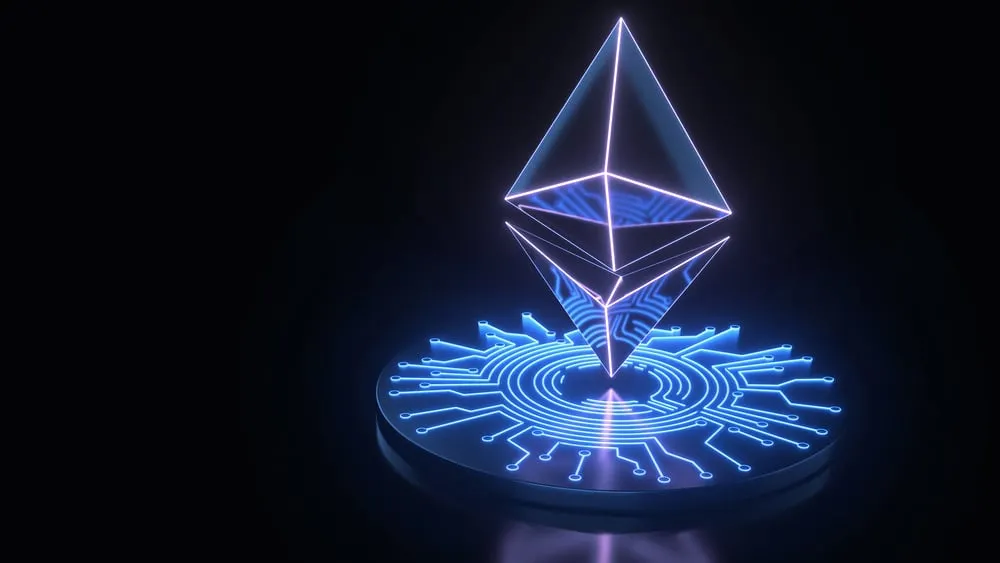Members of the Ethereum community have set their sights on a new date for the blockchain's long-awaited Merge.
Come September 19, the network is expected to merge from its current state as a proof-of-work (PoW) blockchain to an energy-efficient proof-of-stake (PoS) network.
"This merge timeline isn't final, but it's extremely exciting to see it coming together," tweeted Beacon Chain community manager superphiz.eth. "Please regard this as a planning timeline and look out for official announcements!"
The Beacon Chain is the PoS version of Ethereum currently running in parallel to the PoW-based mainnet. It launched in December 2020, marking the beginning of the multi-stage upgrade.
The Merge event planned for September will effectively move Ethereum activity over to the Beacon Chain.
Superphiz.eth included a more detailed outline of the next steps, including a final trial on the last Ethereum testnet, Goerli. Testnets offer developers a test environment to trial new updates and changes to a blockchain network without the risk of collapsing said network or causing disruptions for users.
Today's new deadline also comes hot on the heels of a recent "shadow fork," which Ethereum developer Marius van der Wijden called "another step in the right direction."
Last week, another testnet called Sepolia also successfully trialed a similar Merge event.
The Merge and Ethereum 2.0
The Merge will see Ethereum move into a new era, leaving behind one consensus mechanism and beginning another.
Instead of miners around the world confirming transactions and minting new blocks, so-called validators will do the same. A validator, at least in the Ethereum network, refers to an entity that has deposited a minimum of 32 Ethereum to the Beacon Chain.
This stake keeps the entity economically aligned to continue diligently verifying transactions; if they don't, some of that deposit can be taken away from them. Conversely, if they continue to maintain high uptime and prevent fraudulent activity, validators can earn additional Ethereum for their services.
Other popular PoS-based networks include Solana, Avalanche, Cosmos, and several others. None, however, are nearly as popular as Ethereum in terms of investor and developer activity.
DeFi Llama, a data-tracking platform for all things decentralized finance, indicates that Ethereum commands more than 62% of all activity in this space.
In terms of market capitalization, it's also the second-largest behind none other than Bitcoin.
Daily Debrief Newsletter
Start every day with the top news stories right now, plus original features, a podcast, videos and more.

